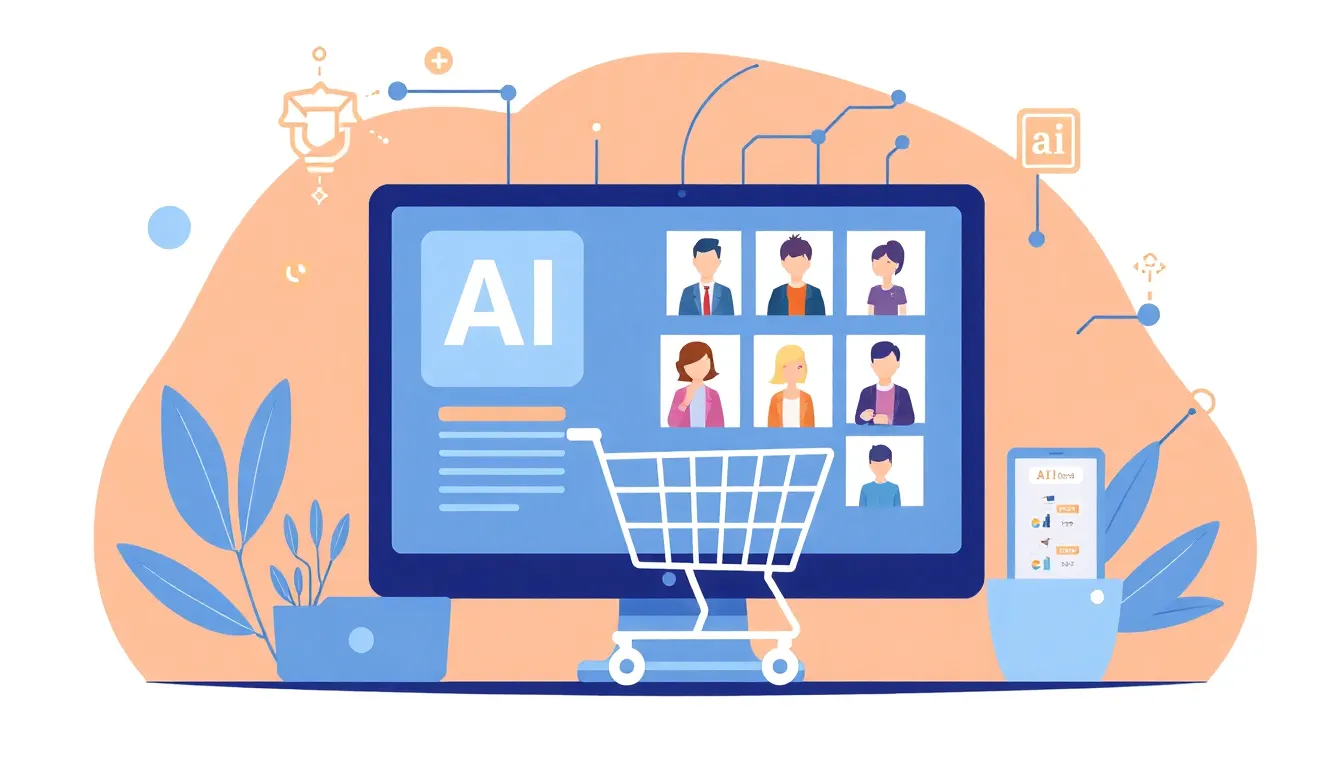
How AI E-Commerce Enhances Customer Experience for Online Stores
How AI-Driven Automation Improves Customer Experience for Online Stores
Estimated reading time: 8 minutes
- AI e-commerce tools analyze customer data to deliver personalized shopping experiences.
- AI-powered chatbots give instant 24/7 support, handling routine questions and freeing up staff for complex issues.
- Customer journeys are streamlined with AI-driven product discovery and simplified checkout processes.
- AI helps with inventory management, reducing stockouts and keeping products available.
- Future AI applications promise even more seamless, intuitive shopping experiences.
Key Takeaways
- AI e-commerce tools analyze customer data to deliver personalized shopping experiences.
- AI-powered chatbots give instant 24/7 support, handling routine questions and freeing up staff for complex issues.
- Customer journeys are streamlined with AI-driven product discovery and simplified checkout processes.
- AI helps with inventory management, reducing stockouts and keeping products available.
- Future AI applications promise even more seamless, intuitive shopping experiences.
- Understanding how AI helps customer support in e-commerce explains why many stores invest heavily in AI automation.
1. Understanding AI E-Commerce and Its Impact on Customer Experience

AI e-commerce refers to using artificial intelligence tools within online retail environments.
These tools help store owners understand customers better and make shopping smoother.
AI looks at tons of data like past purchases, browsing patterns, and even social media behavior to see what customers want.
You might already notice personalized suggestions popping up when you shop online — that's AI working behind the scenes.
From personal work experience, I’ve seen how AI gives online stores a big advantage.
One client had a chatbot that answered simple return questions instantly.
Customers got replies any time of day, and human agents only helped the tricky stuff.
This cut wait times a ton and bumped up customer satisfaction.
In simple terms, AI e-commerce systems dig deep into data, spot patterns, and deliver what customers likely want next.
So, the shopping feels personal and less generic, which is what folks really want nowadays.
2. Personalization and Customer Understanding with AI

AI really shines when it comes to personalization. Instead of showing the same stuff to everyone, AI tools create customized shopping experiences.
They study your past orders, things you check out, and more, then predict what you'd like next.
This means customers see products and special offers that actually make sense for them.
Businesses benefit from this big time.
When customers find items they're interested in, they buy more often and stick with the brand longer.
It’s kinda like having a helpful sales buddy that knows your style.
I remember one e-comm owner telling me their conversion rates jumped after adding AI-driven personalized recommendations.
It was cool to see how knowing how AI helps customer support in e-commerce translated so quickly into real sales.
Personalization also means AI doesn’t just guess randomly.
It constantly learns from new customer interactions, getting smarter each day.
That keeps the shopping experience fresh and relevant.
3. AI-Powered Chatbots and Virtual Assistants: 24/7 Customer Service

One of the biggest benefits of AI in e-commerce is the presence of chatbots and virtual assistants.
These AI tools handle loads of routine customer questions around the clock.
Whether it’s Where’s my order?
or How do I return this?
the AI replies in seconds.
That means customers don’t have to wait for store hours or busy agents.
These AI helpers free up human support to focus on harder problems, improving response quality across the board.
Personally, I've worked with chatbots that process orders and even suggest upsells while helping customers.
It may sound fancy, but really, customers just enjoy the fast answers and feel like the store’s got their back any time.
Plus, AI-powered systems get better over time.
They understand natural language, so they catch what you mean even if you phrase questions oddly or use slang.
This makes support feel smooth and less robotic, which customers appreciate.
4. Smarter Query Handling and Escalation

Modern AI systems don’t just spit out canned answers.
They understand context and provide responses that fit the customer’s actual needs.
For instance, if someone asks about a product warranty, the AI recognizes it’s different from a shipping question and answers accordingly.
When the AI hits questions beyond its reach, it knows to call in a human agent.
This smart escalation avoids frustrating customers stuck talking to a bot that can’t help.
In one project, I noticed the AI learned from past chats and improved its ability to predict when to escalate.
The balance between AI handling simple stuff and humans taking over complex issues really upped customer trust.
So, how AI helps customer support in e-commerce is by making support more efficient and better tailored to each situation.
It’s not perfect, but it keeps getting better.
5. Streamlining the Shopping Journey with AI
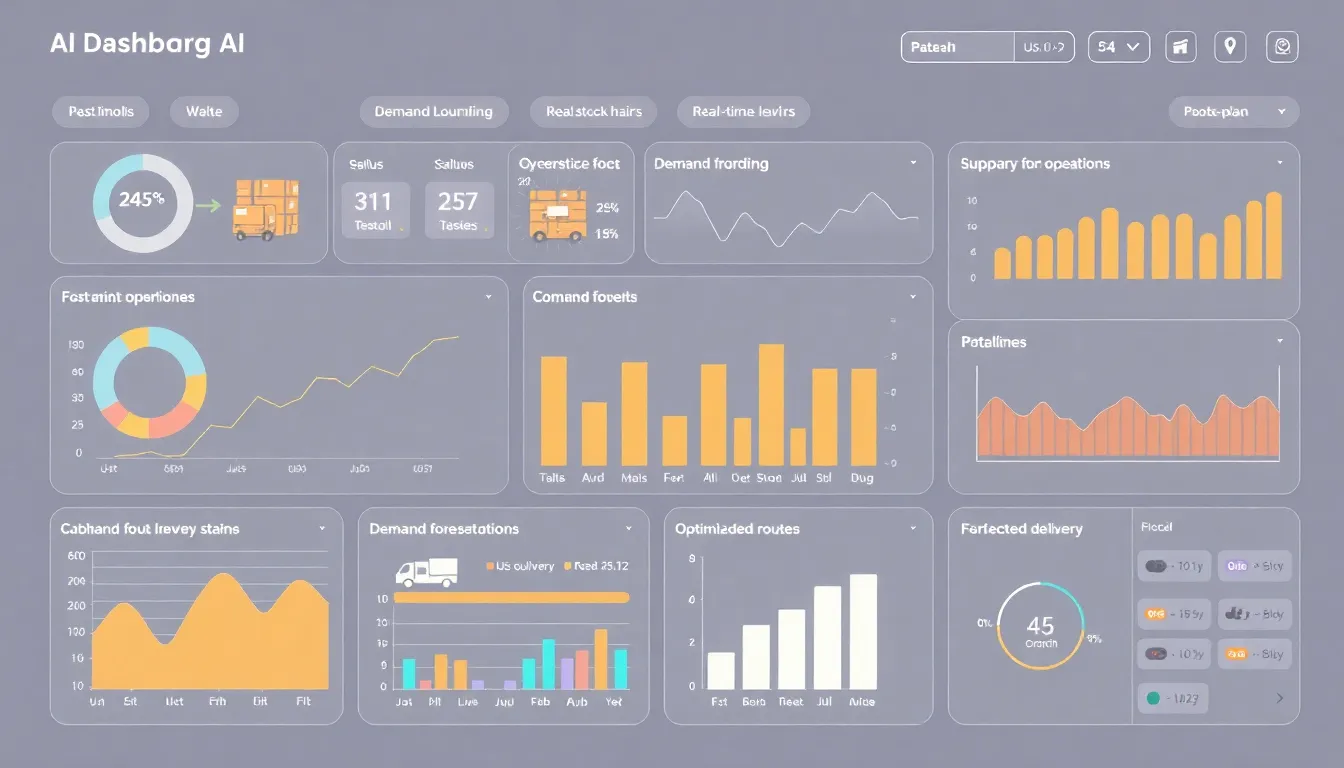
AI enhances every step customers take when buying online.
During product discovery, AI looks at what you’ve browsed and bought before to recommend stuff you’re likely interested in.
This makes finding what you want way easier and less time-consuming.
For example, a customer who frequently buys camping gear might get hiking boots or backpacks suggested automatically.
That kind of targeted relevance feels less like ads and more like helpful tips.
Checkout is also smoother thanks to AI.
It remembers your preferences, speeds up payment, and spots any fraud attempts.
By reducing obstacles at checkout, AI lowers cart abandonment rates, which is crucial for online stores.
One colleague told me their abandoned carts dropped almost 15% after implementing AI-driven checkout helpers.
It's clear that smart automation at checkout pays off.
6. Inventory Management: Behind-the-Scenes AI Benefits

Not all AI benefits show up right away to customers, but they impact the experience hugely.
Inventory management is one of those areas.
AI predicts what products are likely to sell fast and ensures stock levels meet demand without overstocking.
This reduces situations where customers want items but find them out of stock — a big annoyance.
It also helps stores manage seasonal trends more easily.
I once saw an e-commerce client avoid a big stockout crisis during holiday sales because their AI system forecasted demand early and triggered timely restocking.
That kind of operational insight makes shopping smoother for customers.
In other words, AI e-commerce tools work inside out — they smooth front-end interactions and back-end logistics alike.
7. The Future of AI in E-Commerce Customer Experience
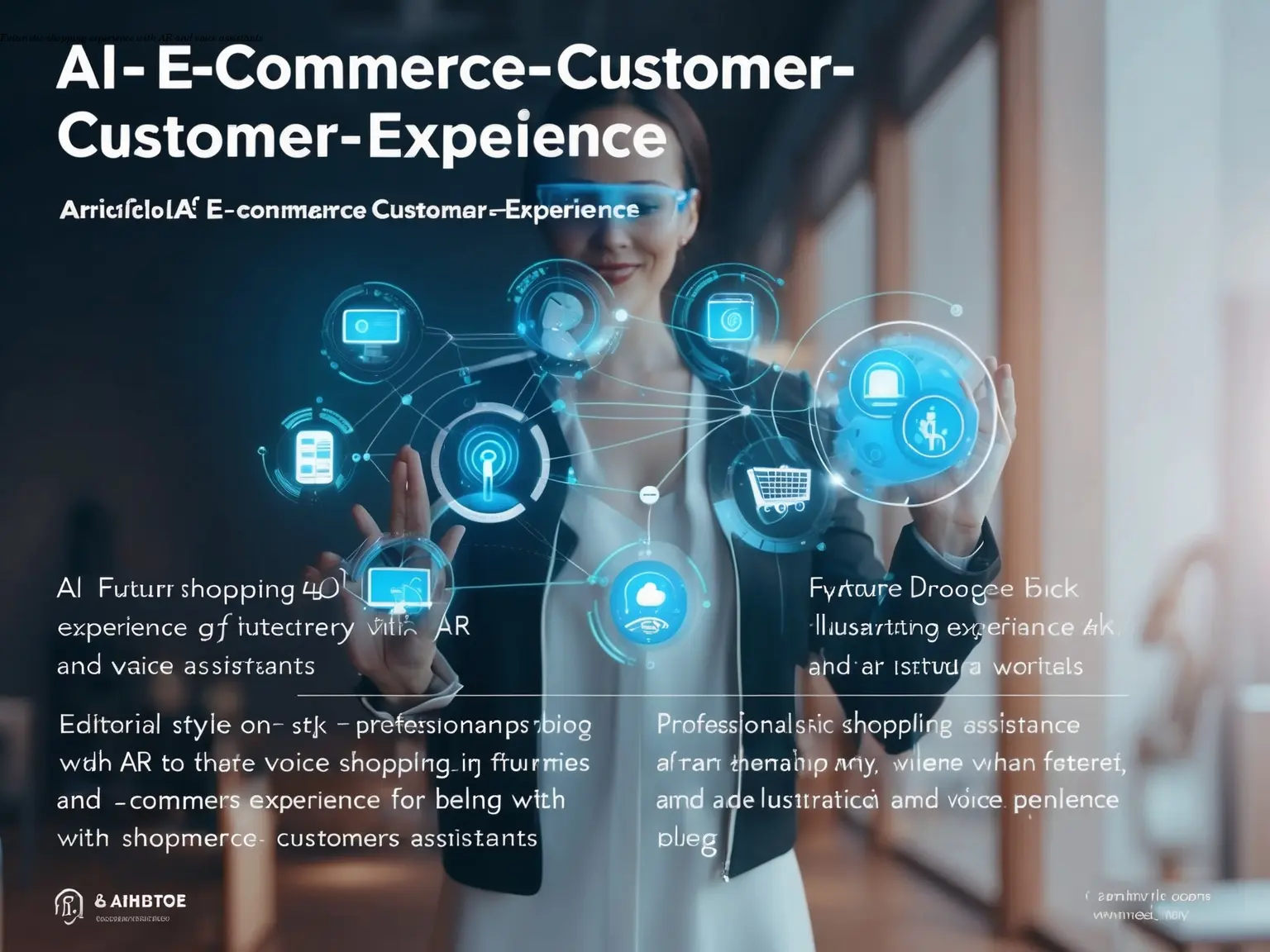
AI is evolving fast.
We will likely see even more advanced features soon.
Visual search can let customers snap pics to find similar products.
Voice shopping assistants could take orders hands-free.
Augmented reality might let folks “try on” clothes virtually.
These innovations will keep making online shopping more natural and relevant.
I’m excited to see how these tools continue breaking down barriers between physical stores and online.
For now though, just knowing how AI helps customer support in e-commerce highlights that these tools are no longer optional extras but key to delivering good service fast.
8. Putting AI to Work: Practical Tips for E-Commerce Owners
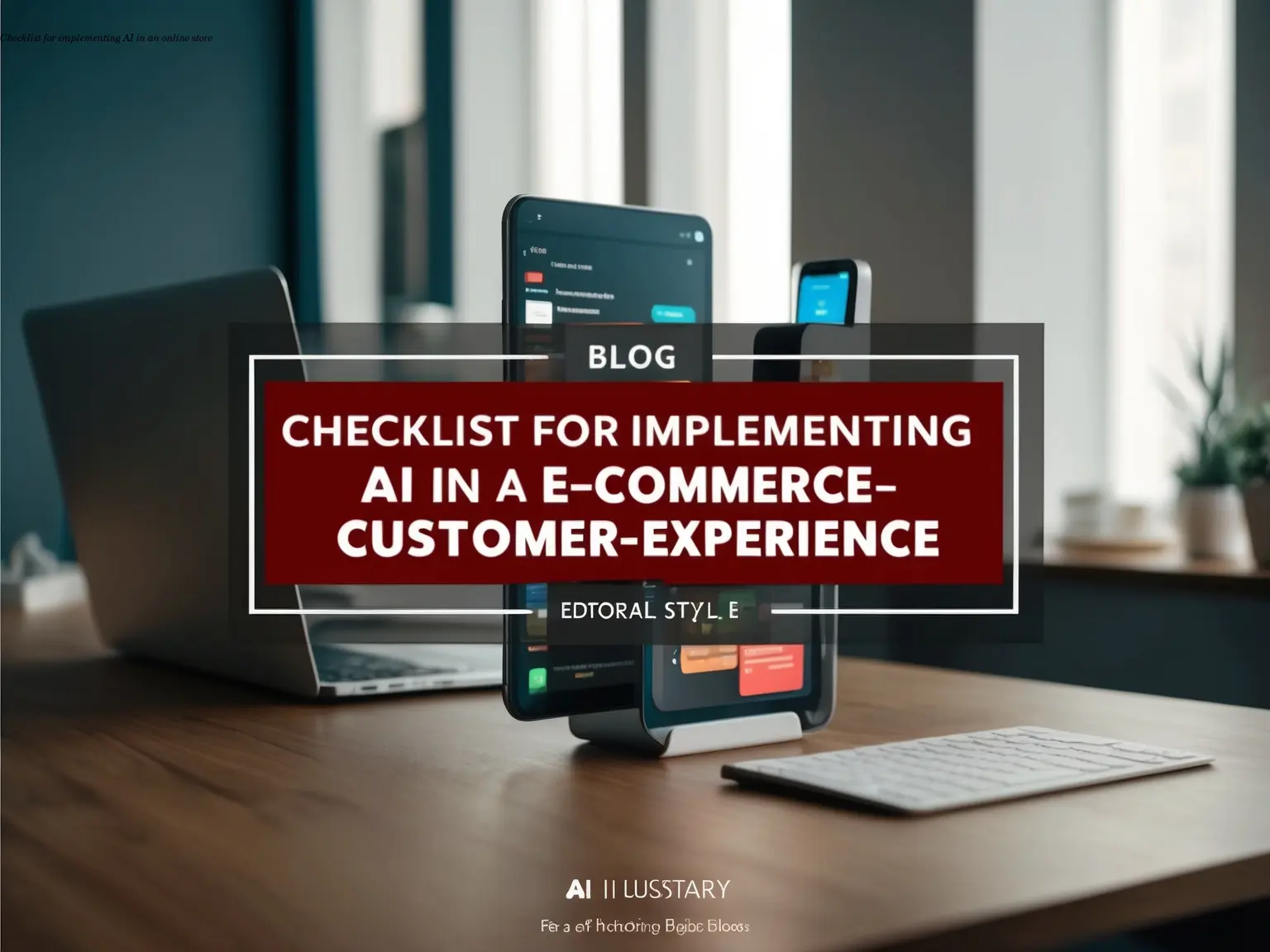
If you run an online store, where should you start with AI?
First, look at common customer questions and repetitive tasks — that’s prime chatbot territory.
Then, think about personalization: are your product recommendations hitting the mark?
Inventory forecasting might be trickier but worth considering if stockouts hurt your sales.
From what I’ve seen, the best results come when stores combine AI automation with strong human support — letting the bots handle simple stuff and humans take care of relationships.
Start small, test how customers react, and build from there.
There’s no one-size-fits-all AI e-commerce solution, but plenty of tools ready to help you improve your customers’ experience without breaking your bank.
FAQ
A: AI chatbots respond instantly to common questions at any time of day, reducing wait times and allowing human agents to focus on complex issues.
A: Yes, AI analyzes customer data like past purchases and browsing to suggest products tailored to each shopper’s tastes, which raises engagement and sales.
A: No, AI handles routine queries and escalates more complicated problems to humans, ensuring customers get the right help when needed.
A: AI predicts demand based on past sales and trends, reducing out-of-stock and overstock situations, leading to better product availability for customers.
A: Voice assistants, visual search, and augmented reality are upcoming AI tools that will make shopping easier and more interactive.
Related Articles
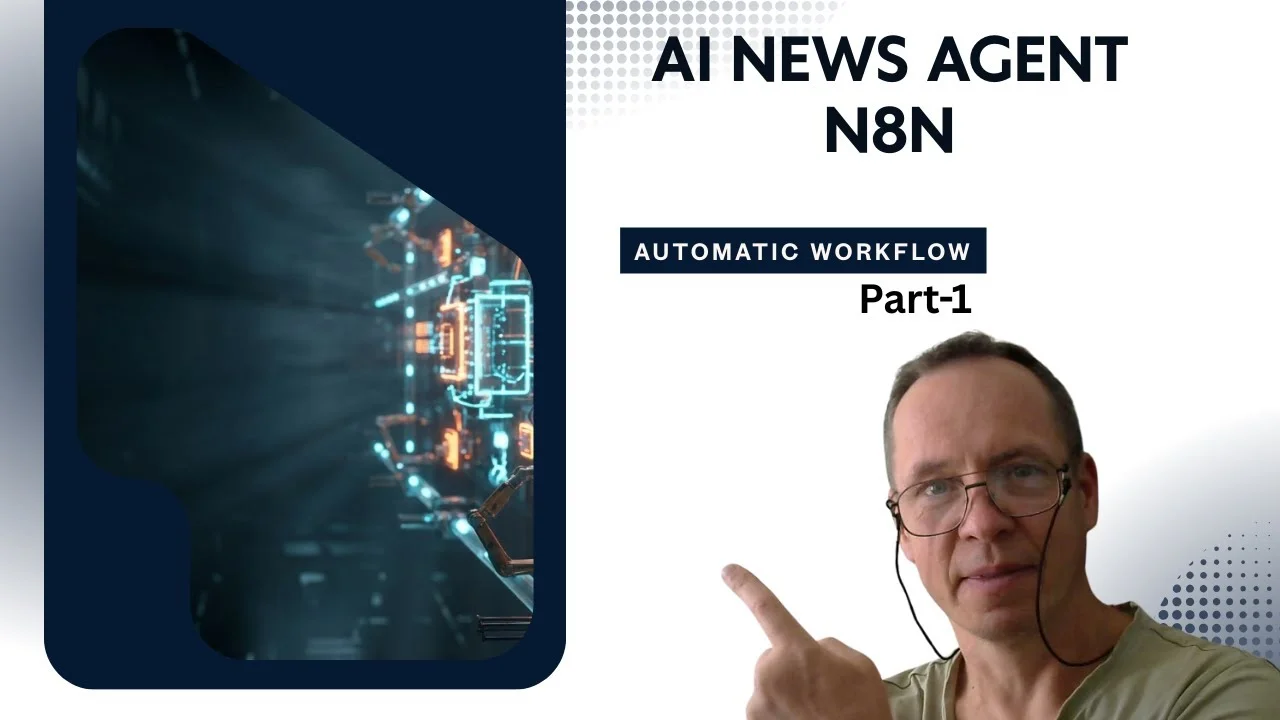
Building an Autonomous AI News Agent with n8n & Bright Data (Part 1)
Learn how to build an autonomous AI-powered news scraper using n8n and Bright Data. Part 1 covers the Ingestion Engine architecture for 24/7 market monitoring.

Practical content migration guide for CMS comparison
Practical content migration advice to compare old and new CMS, validate data integrity, and avoid SEO loss. Best practices for developers and content teams.

Collaborative Writing Guide to Comparing Team Contributions
Compare team contributions with collaborative writing tools, clear roles, and peer assessment—practical tactics content teams can apply now.